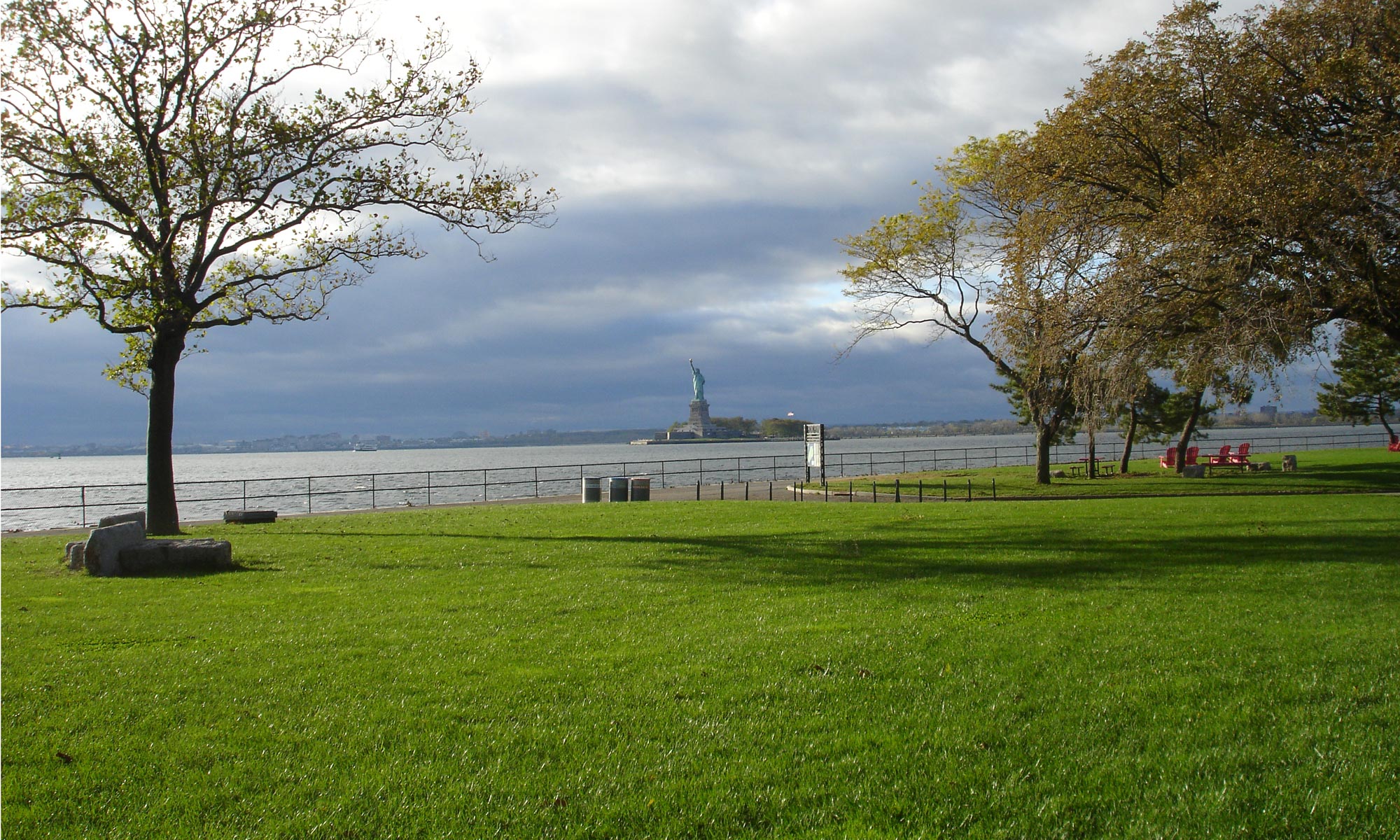Judge Halts Start Of Public Review Process For Gowanus Rezoning Plan Pending Hearing Judge Halts Start Of Public Review Process For Gowanus Rezoning Plan Pending Hearing
By David Cruz
Jan. 18, 2021 4:03 p.m
[ From: https://gothamist.com ]
A Brooklyn State Supreme Court judge has ordered the city to hold off on starting the public review process for the long-planned and complex Gowanus rezoning, which is expected to create thousands of affordable housing units by 2035.
The public review phase was supposed to start January 19th, until Judge Donald S. Kurtz issued a temporary restraining order Friday to stop it pending a hearing on January 27th. The city had planned to conduct the review phase, known as the Uniform Land Use Review Procedure, virtually, given concerns over the pandemic. This worried community activists who felt it would restrict Brooklynites without internet access from voicing concerns.
Brad Vogel, a neighborhood resident and member of Voice for Gowanus—a grassroots organization devoted to stopping the rezoning in its current form—told Gothamist/WNYC that “virtual ULURP” violates city law that requires public hearings at several ULURP stages to occur in person.
“There is nothing that demands that the Gowanus rezoning go through ULURP right now during the midst of the pandemic and a time of economic crisis,” Vogel said. “This could very well simply be pushed off until a time when we could safely hold public assemblies as it’s required under law.”
Vogel added that putting the proposal through a virtual ULURP wouldn’t be fair, since in-person ULURP’s had occurred for other neighborhoods facing rezonings.
Community groups also worry about the placement of proposed residences near the polluted Gowanus Canal, a waterway that’s undergoing a massive, years-long dredging that began in November.
Brooklyn Supreme Court Judge Katherine Levine will preside over the hearing later this month, and is expected to rule on whether the city must delay the rezoning process until after the pandemic subsides.
Under the rezoning plan—the final one under the de Blasio administration—the city looks to rezone 80 blocks of the neighborhood settled between Carroll Gardens and Park Slope and divided by the canal. If approved, developers can begin building residences as high as 22 stories, specifically near the canal. Other aspects of the plan include a space near Thomas Green Park that would carve out mixed-use properties for artist, civic, and commercial developments.
There’s also a mandate under the plan to change parking requirements along Fourth Avenue to improve pedestrian safety. Under the plan, the city expects 8,200 new apartments to be built by 2035, with some 3,000 units deemed affordable under the Mandatory Inclusionary Program, which sets aside 20% to 30% of units in new developments as affordable and distributes them through the city’s housing lottery.
The neighborhood is home to NYCHA’s Gowanus Houses, and activists have cited the rezoning plan as an example of the city’s lack of priorities toward fixing public housing.
Since the rezoning plan was announced, speculative buying has occurred in the neighborhood. In 2019, the median asking price of a home in the area was $1.6 million, up 29% from 2018, according to a report from Streeteasy.
Even if the public review process began on Tuesday, a document referred as the Draft Environmental Impact Statement—which outlines the consequences to a rezoning at a given neighborhood—has not been released. A review on the city Department of City Planning’s website currently does not have an available DEIS report for the Gowanus rezoning effort.
In a statement, Nick Paolucci, a spokesperson for the Law Department, said the city is not restricting anyone’s right to attend a meeting.
“The U.S. Supreme Court uses remote meetings,” Paolucci said in a statement. “So does the New York City Council. These meetings aren’t just legal and obviously appropriate in a pandemic – they have increased participation and opened the process to those unable to attend in-person. Planning efforts like the Gowanus rezoning are vital to bring affordable housing, economic opportunity and infrastructure like open space to New Yorkers, and they lie at the heart of our COVID-19 recovery. We are confident that we’re fully complying with the law.”
